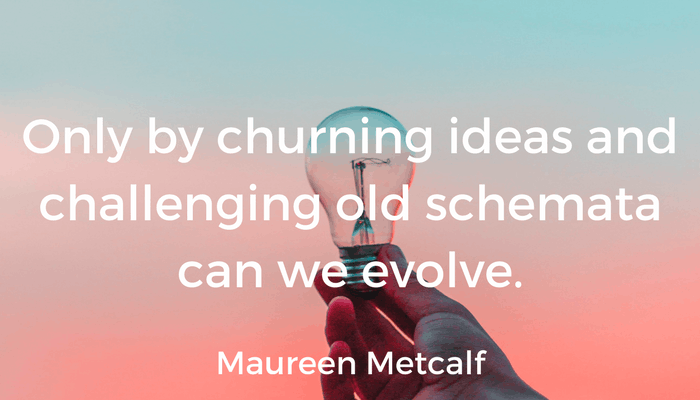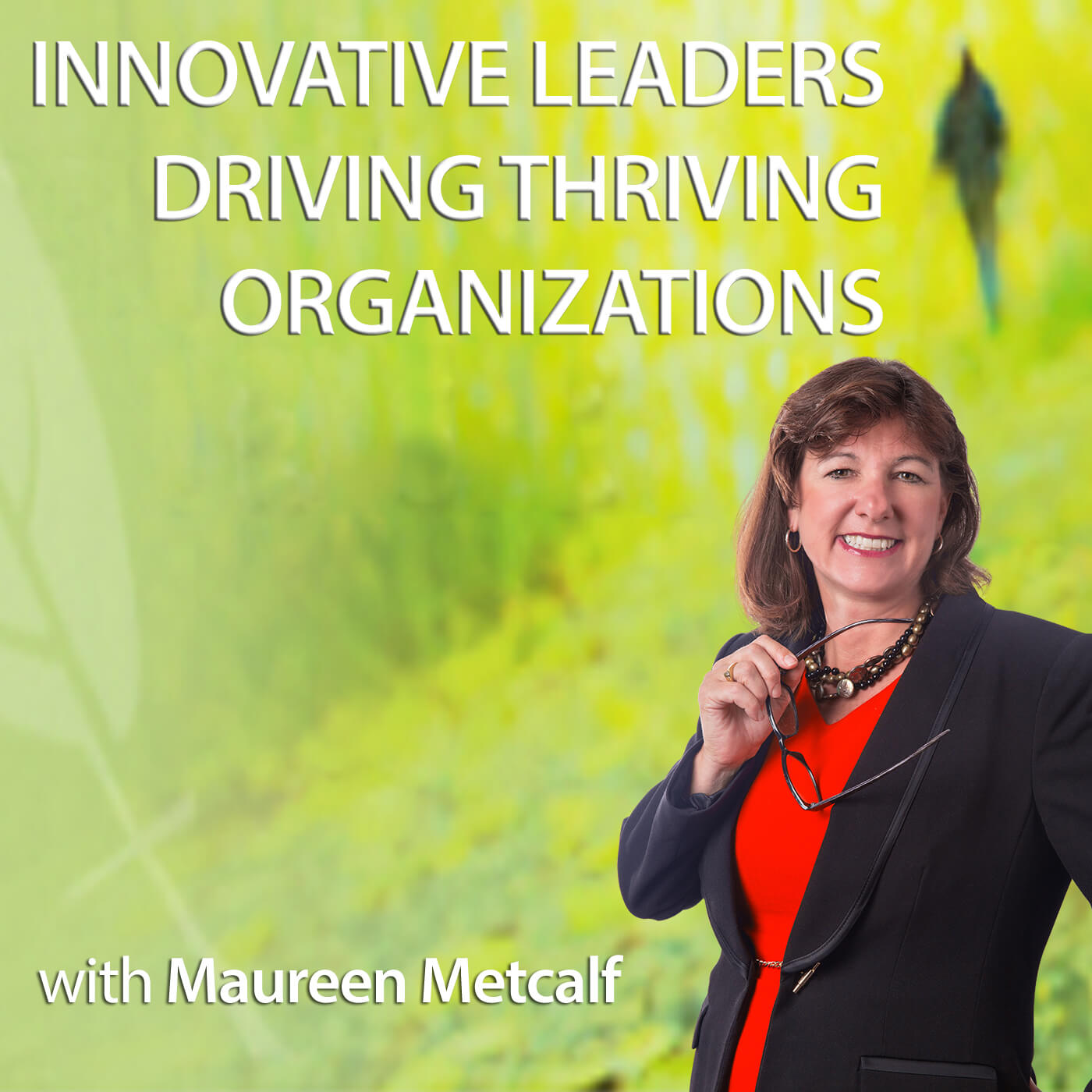Leading in Turbulent Times: What are International Leaders Saying?
As I write this article, I’m excited to reflect on the 2017 ILA global conference theme,...
Read Moreby VoiceAmerica | Jan 12, 2018 | Business | 0 |
As I write this article, I’m excited to reflect on the 2017 ILA global conference theme,...
Read Moreby VoiceAmerica | Mar 1, 2017 | Business | 0 |
This blog is a companion to the interview with Christopher Washington and Jennifer Clinton on...
Read Moreby VoiceAmerica | Dec 13, 2016 | Business | 0 |
This blog is a companion to the interview with George Papandreou on Voice America âInnovative...
Read Moreby VoiceAmerica | Nov 29, 2016 | Business | 0 |
At the International Leadership Association 18th Annual conference in Atlanta in October 2016...
Read More


